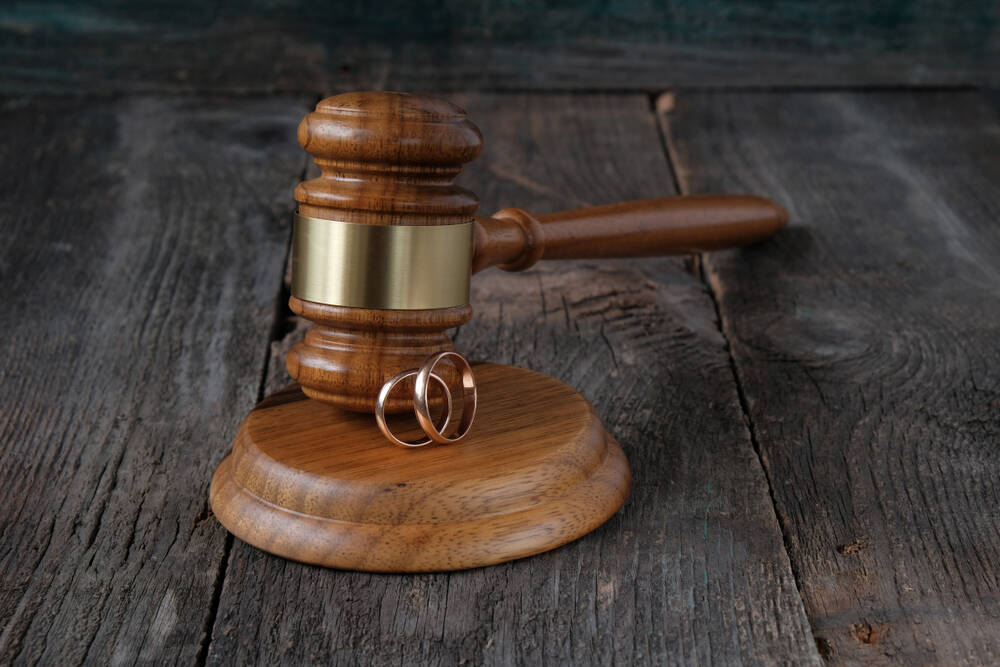In mid-October, I wrote Attorney General Treg Taylor requesting he carry out ethical obligations required of him under the Alaska Court Rules of Professional Conduct.
Two of these obligations involved an Alaska Native man from Hoonah, Thomas Jack Jr., who was convicted in Juneau 12 years ago by a jury that didn’t include any Alaska Natives. Mr. Jack has always maintained his innocence and substantial evidence has surfaced indicating he was wrongfully convicted by the state.
A third obligation involved my request in September for a special grand jury to be convened with a special prosecutor, to investigate concerns of malfeasance and misconduct by State officials in Juneau including a judge, prosecutors, and two social workers.
Taylor didn’t respond. I sent him another letter. He still didn’t respond. Governor Mike Dunleavy was copied on both letters.
Taylor eventually allowed the Juneau grand jury to be advised by lawyers with an egregious conflict of interest. On Dec. 1, I sent a six-page letter to Dunleavy setting out in detail the ethical regulations that his AG has violated. I asked Dunleavy to request Taylor’s resignation. The Governor’s response to date? Crickets.
Are ethical regulations governing the Alaska Attorney General’s Office a joke to Dunleavy?
Alaska lawyers are a self-regulating bunch, they don’t have government regulators breathing down their necks. Their Rules specify this “relative autonomy” carries with it grave responsibilities and “neglect of these responsibilities compromises the independence of the profession and the public interest which it serves.”
Taylor is responsible for enforcing the laws of Alaska and as such, it is more critical for him to follow his ethical responsibilities than it is for any other lawyer in Alaska. When the AG ignores these duties, what message is sent to every other lawyer in the state?
Taylor also serves as the legal adviser for the governor and other state officers. If Taylor doesn’t care about his ethical obligations, do you think he’s urging those in control of the Executive Branch to follow theirs?
Rule 1.7 prevents lawyers from the Department of Law from advising grand juries who are investigating other DOL lawyers. Such representation is a textbook conflict of interest, like Trump lawyers being the advisor for a grand jury investigating Trump’s role in the January 6 assault on our Capitol.
Taylor not only approved of DOL lawyers advising the grand jury, but worse yet they came from the Office of Special Prosecution. Taylor was warned OSP was subject to the requested investigation for the disturbing role they played 3 years ago in issuing a subpoena to Mr. Jack that caused him to be placed in Maximum Security.
Additionally, Rule 3.8 binds Taylor and his prosecutors with a special duty to protect innocent persons, especially those who may have been convicted because of State misconduct. The Rule requires the AG
to disclose to the court new and credible evidence indicating a person did not commit a crime they were convicted of.
Taylor is aware of such evidence of Mr. Jack’s innocence yet won’t disclose it to the court. He’s not the first AG hired by Dunleavy who has violated this special duty.
Finally, Rule 8.3 requires Taylor to report the Misconduct of other lawyers, including prosecutors. One clear example of Misconduct is for a prosecutor and a judge to force an unfair trial where the attorney for the accused is not given an equal opportunity to prepare and present their case. The Rules call a lopsided trial like that a “perversion” and an “obstruction of justice”. The Rules say it undermines public respect for our legal system.
Taylor was given strong evidence of how Mr. Jack was convicted after a perversely unfair trial. Yet Taylor hasn’t referred the responsible lawyers for disciplinary action, further undermining public respect for the legal system.
Dunleavy’s first two AG’s didn’t work out too well. Taylor is his third strike.
When government lawyers don’t care about their ethical obligations, the public is not only justified in expressing their concerns, but the Rules even predict our angst. If you believe Alaskans are entitled to an Attorney General who respects his ethical obligations, then let Dunleavy know.
• David Ignell was born and raised in Juneau, where he currently resides. He holds a law degree from University of San Diego and formerly practiced as a licensed attorney in California. He has experience as a volunteer analyst for the California Innocence Project, and is currently a forensic journalist and author of a recent book on the Alaska Grand Jury. Columns, My Turns and Letters to the Editor represent the view of the author, not the view of the Juneau Empire. Have something to say? Here’s how to submit a My Turn or letter.

